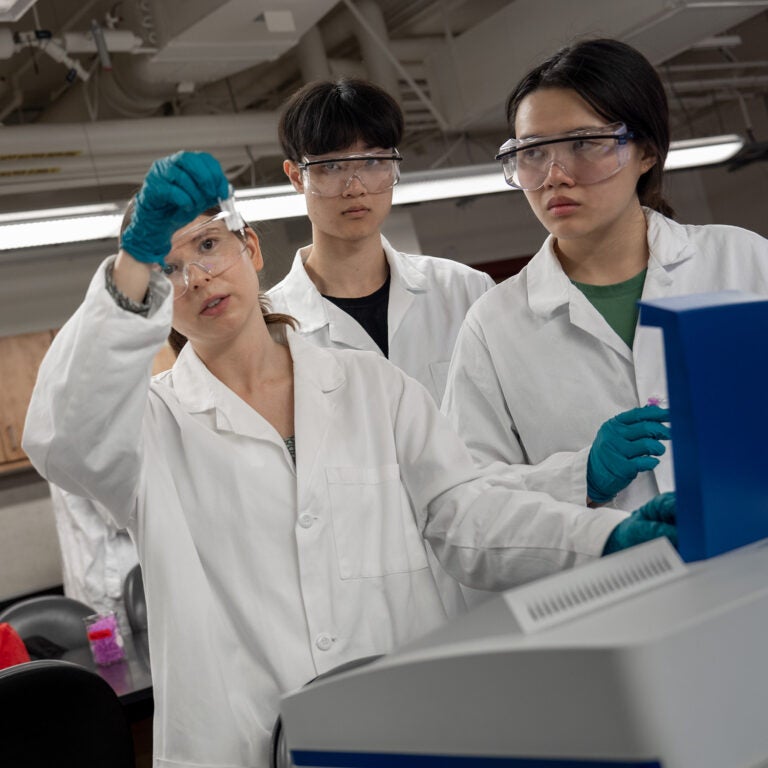Learning Objective
A. General Skills And Breadth
- Develop the ability to manage one’s time, work independently, take initiative, and collaborate.
- Develop the ability to think critically, analyze, synthesize, and use information to solve problems.
- Acquire broad knowledge in the humanities, social sciences, mathematics, and physical sciences, and understand the relevance of these disciplines to the biological sciences.
- Develop the ability to communicate scientific ideas, orally and in writing.
- Develop facility in the use of computer applications and the internet.

Learning Objective
B. Scientific And Experimental Skills
- Understand and apply the scientific method, including forming hypotheses, designing experiments to test hypotheses, and collecting, analyzing, interpreting, and reporting data.
- Develop the ability to use appropriate laboratory or field procedures, methods, and instrumentation for biological studies.

C. Biological Skills
- Develop breadth of knowledge in the biological sciences, including the fields of biochemistry, cell biology, ecology, evolution, molecular biology and genetics, and physiology.
- Acquire an appreciation for all levels of biological organization, including the molecular, cellular, organismal, and systems levels.
- Understand the processes that underlie embryonic development, cellular differentiation, and reproduction.
1. Biochemistry
Understand the structure and function of biological molecules, cellular energetics, cellular metabolism, and photosynthesis.2. Cell Biology
Understand the structure and function of prokaryotic and eukaryotic cells, as whole entities and in terms of their subcellular processes.3. Ecology
Understand the interactions between organisms and their environments, and the consequences of these interactions in natural populations, communities, and ecosystems.4. Evolution
• Understand evolution as the central unifying concept in the biological sciences. • Understand natural selection, and how it contributes to the formation of species, biodiversity, and patterns of biological evolution. • Appreciate the scope of biological diversity in terms of the evolutionary history of the major groups of organisms.5. Molecular Biology And Genetics
• Understand the synthesis, structure, and function of nucleic acids and proteins in prokaryotes and eukaryotes. • Understand the principles of inheritance from molecular mechanisms to population consequences. • Understand the flow of genetic information in populations and the relationship between genetics and evolutionary theory.6. Physiology
Understand the functioning of organisms, at the molecular, cellular, organ, and organismal levels.
Learning Objective
D. Ethics / Society
- Be able to place biological knowledge into an ethical context, especially how biology can contribute to the resolution of ethical, social, and environmental issues.

Learning Objective
E. After Graduation
- Prepare students with a sufficient depth of knowledge and abilities to prepare them for entry-level employment in a wide variety of fields, or for graduate study in the health professions or other biology-related disciplines.
